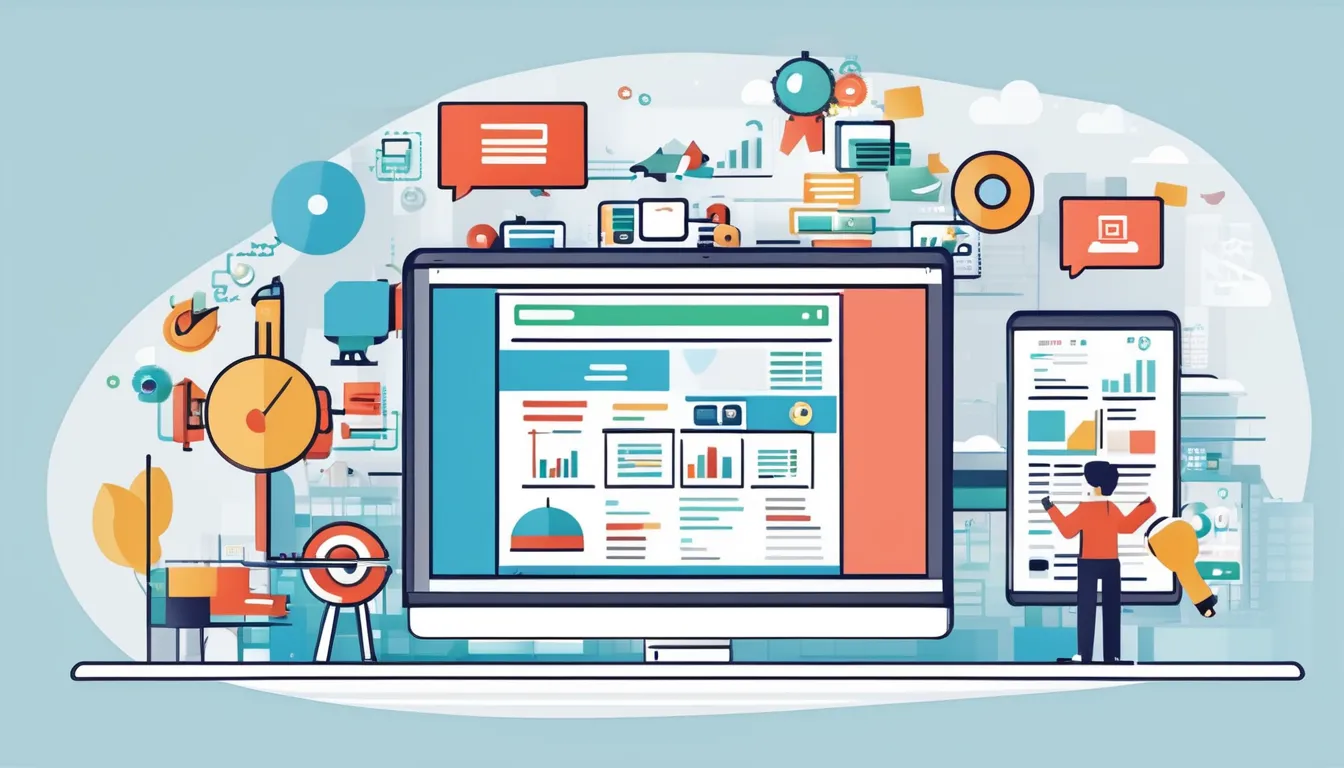
In today’s internet-driven world, privacy and access are two of the most critical concerns for online users. Whether it’s avoiding geo-restrictions or protecting personal data from prying eyes, web proxies have become invaluable tools for navigating the web securely.
A proxy server acts as a go-between for your device and the websites you visit. Instead of directly connecting to the site, your request is sent to the proxy server, which then communicates with the website on your behalf. This process has multiple benefits, ranging from privacy protection to helping you access restricted content.
How Does a Web Proxy Work?
To understand a web proxy’s functionality, imagine you are visiting a website. When you use a proxy, your request to access the site is sent to the proxy server instead of directly reaching the website’s server. The proxy server then retrieves the content on your behalf and sends it back to you. This means the website never sees your original IP address, which is replaced by the proxy’s IP.
This simple process is key to providing a layer of security and privacy. Since the website is communicating with the proxy server rather than you directly, it becomes harder for hackers or malicious entities to trace your activity back to your device. Additionally, proxies can help hide your location by masking your real IP address with one from another region, making it useful for avoiding geo-blocking.
Benefits of Using a Web Proxy
-
Privacy Protection
When browsing online, your IP address acts as a unique identifier, linking your online activities back to you. By routing your requests through a proxy server, your actual IP address is hidden, offering a higher level of anonymity. This prevents websites, advertisers, and even cybercriminals from tracking your online activities. -
Bypass Geo-Restrictions
Many websites and streaming services restrict access based on geographic location. For example, content available on Netflix in the United States might not be accessible in another country. A proxy allows you to bypass these restrictions by making it appear as though you are browsing from a different location. This feature is particularly helpful for accessing region-locked content, whether it's media, services, or websites. -
Secure Connections
Some proxies provide encrypted connections, adding an extra layer of security when surfing the web. This is particularly useful when using public Wi-Fi networks, which are often less secure. A proxy can ensure your data is protected from potential eavesdropping by hackers looking to steal sensitive information. -
Access Blocked Content
In certain regions, websites or services might be blocked due to governmental censorship, corporate policies, or local restrictions. Proxies can help you bypass these blocks, granting access to websites that are otherwise unavailable. This makes proxies a useful tool in restrictive environments. -
Improved Speed and Bandwidth
Some proxy servers offer caching capabilities, which store frequently accessed content to deliver it faster the next time it's requested. By reducing the time spent loading content, proxies can improve the browsing experience, especially in cases where you’re visiting the same sites regularly.
Types of Proxies
-
HTTP Proxy
This is the most basic type of proxy, designed to handle web traffic over the HTTP protocol. It is commonly used for browsing websites and can provide a good level of privacy and anonymity. -
HTTPS Proxy
Similar to the HTTP proxy but with the added security of encryption, HTTPS proxies protect your data as it is transmitted between your device and the server. This makes it a safer choice for browsing websites that require personal information. -
SOCKS Proxy
SOCKS proxies are more versatile than HTTP proxies, as they can handle any kind of internet traffic, not just HTTP requests. This makes them ideal for applications like gaming, torrenting, and even email communication. -
Residential Proxy
A residential proxy uses an IP address assigned to a physical location, often making it harder for websites to detect that the traffic is coming from a proxy. These proxies are often used for scraping, ad verification, or other tasks that require a more legitimate-looking connection.
Why Use a Web Proxy?
Web Proxy are an essential tool for users who prioritize security, privacy, and freedom on the internet. Whether you're trying to protect your data from hackers or gain access to content that is otherwise restricted, a proxy can be a valuable addition to your online toolkit. on digitalmarketingfrenzy blog on webflow sites
In an era where personal information is a prime target for advertisers, governments, and cybercriminals, proxies provide a simple yet effective means to protect your identity and gain more control over your online experience. With various types of proxies to choose from, users can tailor their browsing habits to suit their specific needs.



